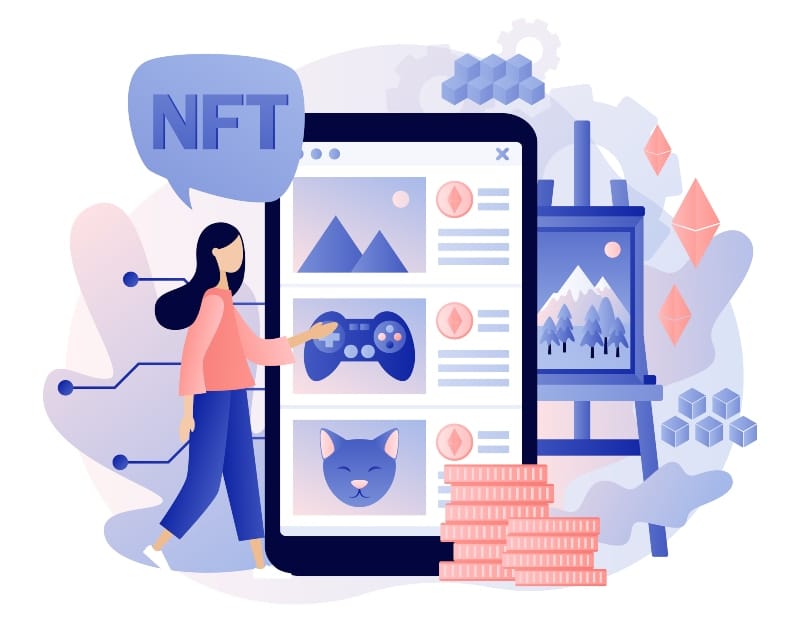The UK Department of Economy and Finance has revealed that Chancellor of the Exchequer Rishi Sunak has asked the State Mint to create an NFT to be issued by the summer.
The UK Ministry of Economy and Finance and NFTs
Chancellor @RishiSunak has asked @RoyalMintUK to create an NFT to be issued by the summer.
This decision shows the the forward-looking approach we are determined to take towards cryptoassets in the UK. pic.twitter.com/cd0tiailBK
— HM Treasury (@hmtreasury) April 4, 2022
The non-fungible token would serve to signify the government’s own commitment to a “forward-looking approach” to cryptocurrencies.
The Royal Mint is the UK’s official producer of currency, so it is also an ideal candidate for creating NFTs.
The revelation was also made directly by UK Treasury Secretary John Glen during the Innovate Finance Global Summit on Monday.
This is clearly only a propaganda initiative, as Glenn himself stated that the aim is to create an “emblem of the forward-looking approach we are determined to take”.
Neither the details of the NFT nor its use are yet known.
What is certain, however, is that the current UK government has decided that it wants the UK to become a global crypto hub.

UK and the relationship with the crypto world
In reality, the UK is already one of the most advanced countries in Europe in terms of developing a real infrastructure for crypto innovation, but it is more or less at the level of Switzerland (or maybe even less).
The government’s goal is not only to make Britain the European centre of cryptocurrencies, but to make it an important centre on a global level. In this respect, it will have to contend with other countries that are already far ahead in this regard, notably the US and Dubai.
What is very special, however, is the direct involvement of the government.
In the US, for example, there is no evidence that the government has taken any concrete action to create or produce crypto structures or products, other than seizing tokens from criminals. Even in Switzerland, local institutions, such as the city of Lugano, have taken action, but not yet the central government. In the case of the UK, the government has taken direct action, involving the State Mint, even if only to create a celebratory NFT.
Perhaps this difference could also be emblematic of a different approach, with Switzerland, the US and Dubai more inclined to leave it to the private sector, with minimal direct state involvement, while in the UK the state role could be more direct and active. However, this is not necessarily a strength.
In general, public institutions tend to work towards creating an environment and ecosystem that is conducive to the development of private crypto initiatives, while when the state wants to take action itself, this does not always lead to good results.
The cases of Malta and San Marino could be exemplary in this regard, as they have never managed to become truly large blockchain hubs, despite a clear desire to do so, perhaps precisely because they are state-centric initiatives.
Those operating in the crypto world usually prefer freedom to security, and often resent public interference in private initiatives. Real cryptocurrencies are 100% private initiatives, far removed from government initiatives, so any direct state involvement in the development of a cryptocurrency-friendly environment in the UK could be a double-edged sword.
Source: https://en.cryptonomist.ch/2022/04/07/uk-government-mint-nfts/